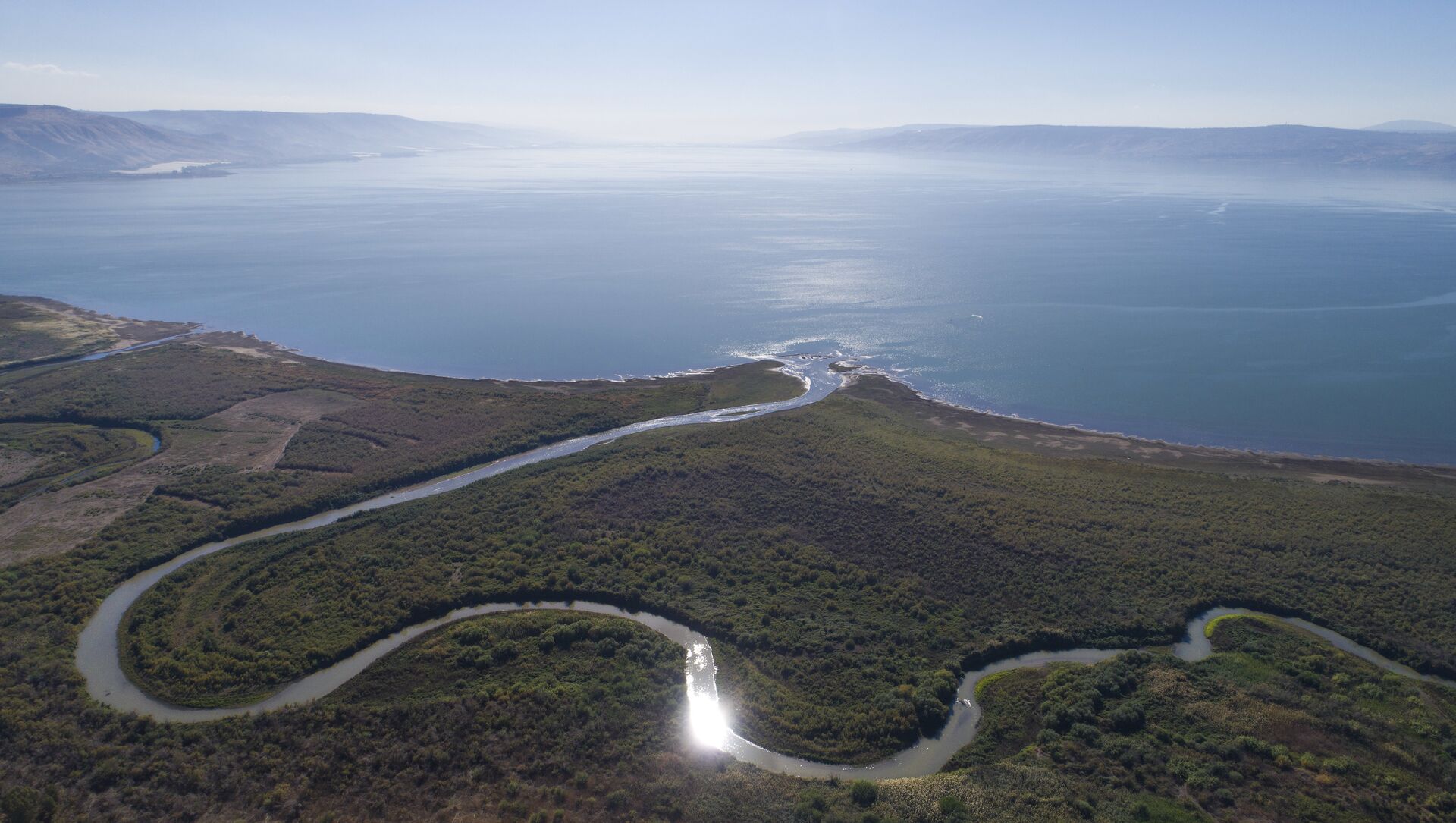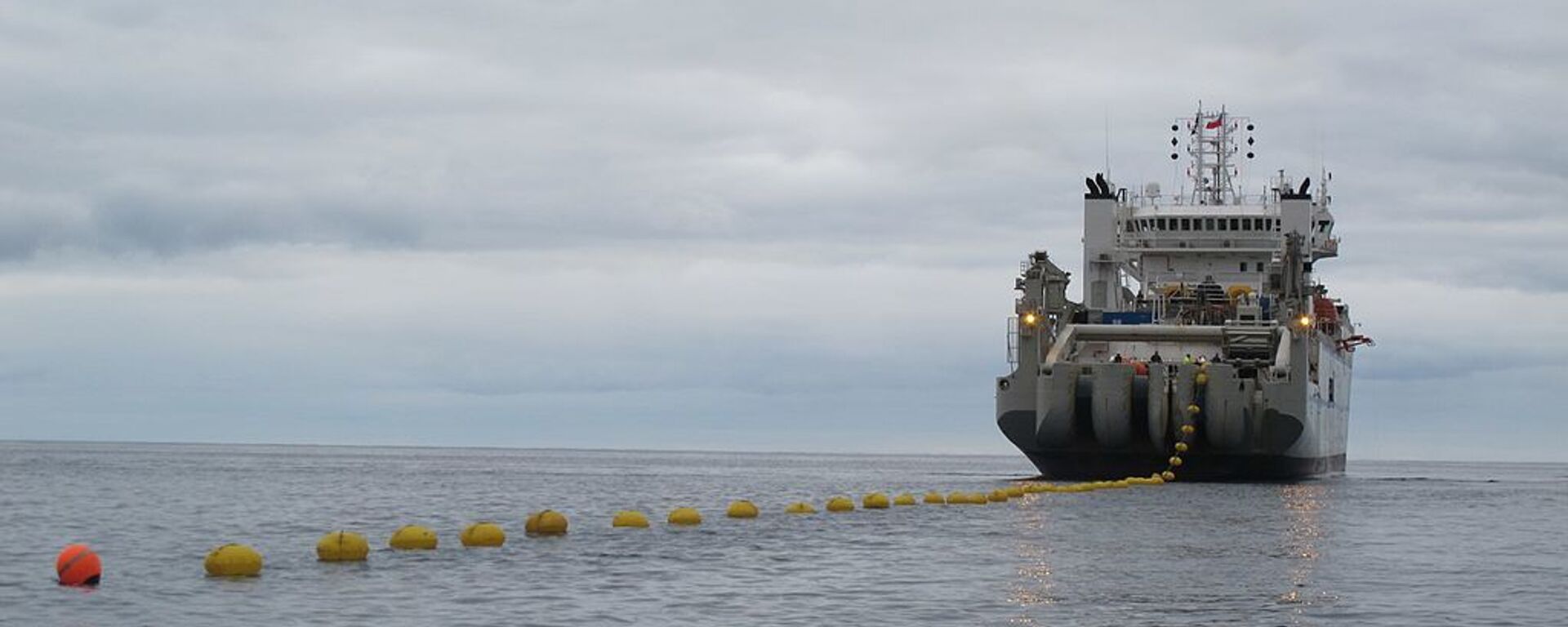https://sputnikglobe.com/20210704/pm-bennet-greenlights-increase-in-amount-of-water-israel-sells-to-jordan-1083304611.html
PM Bennet Greenlights Increase in Amount of Water Israel Sells to Jordan
PM Bennet Greenlights Increase in Amount of Water Israel Sells to Jordan
Sputnik International
According to the peace agreement concluded between Israel and Jordan in 1994, the two nations have agreed on allocations of water from the Jordan and Yarmouk... 04.07.2021, Sputnik International
2021-07-04T12:13+0000
2021-07-04T12:13+0000
2021-07-04T12:13+0000
newsfeed
world
middle east
israel
jordan
naftali bennett
water supply
https://cdn1.img.sputnikglobe.com/img/106533/89/1065338907_0:275:5464:3364_1920x0_80_0_0_bb802549df535912f5cb10a892ca143d.jpg
Israel's Prime Minister Naftali Bennett has agreed to increase the amount of water Israel sells to Jordan in response to a request from the royal house in Amman, the Yediot Aharonot newspaper writes. According to the report, the water supply will be increased by 50 million cubic metres per year until the end of 2022.Bennet's government reportedly made the decision after experts from the Water Authority assessed that water levels and conditions in the Kinneret – a freshwater lake in Israel – permitted the provision of this amount.Earlier in April, former Israeli Prime Minister Benjamin Netanyahu also authorised Jordan's request for additional water supplies which came almost a month after Amman made the request concerning the water deficit in the kingdom. Under the peace agreement concluded in 1994, the two Middle Eastern nations have agreed on allocations of water from the Jordan and Yarmouk rivers, as well as on the mutual assistance to help cope with the water shortages by developing existing and new water resources.Israel provides Jordan with 55 million cubic metres of water annually under the terms of the 1994 peace treaty between the two countries. In 2010, it agreed to expand that annual allocation by 10 million cubic metres. According to scientific research provided by Stanford University, Jordan is experiences a deteriorating water crisis due to global and internal issues, such as climate change, high water demand, and extensive population growth thanks to the influx refugees, including one million Syrians over the past decade.
https://sputnikglobe.com/20210316/turkey-asserts-control-over-disputed-waters-proposed-israel-eu-power-cable-would-pass-through-1082353572.html
israel
jordan
Sputnik International
feedback@sputniknews.com
+74956456601
MIA „Rossiya Segodnya“
2021
News
en_EN
Sputnik International
feedback@sputniknews.com
+74956456601
MIA „Rossiya Segodnya“
Sputnik International
feedback@sputniknews.com
+74956456601
MIA „Rossiya Segodnya“
newsfeed, middle east, israel, jordan, naftali bennett, water supply
newsfeed, middle east, israel, jordan, naftali bennett, water supply
PM Bennet Greenlights Increase in Amount of Water Israel Sells to Jordan
According to the peace agreement concluded between Israel and Jordan in 1994, the two nations have agreed on allocations of water from the Jordan and Yarmouk rivers, as well as on mutual assistance to help cope with water shortages.
Israel's Prime Minister Naftali Bennett has agreed to increase the amount of water Israel sells to Jordan in response to a request from the royal house in Amman, the Yediot Aharonot newspaper writes. According to the report, the water supply will be increased by 50 million cubic metres per year until the end of 2022.
Bennet's government reportedly made the decision after experts from the Water Authority assessed that water levels and conditions in the Kinneret – a freshwater lake in Israel – permitted the provision of this amount.
Earlier in April, former Israeli Prime Minister Benjamin Netanyahu also authorised Jordan's request for additional water supplies which came almost a month after Amman made the request concerning the water deficit in the kingdom. Under the peace agreement concluded in 1994, the two Middle Eastern nations have agreed on allocations of water from the Jordan and Yarmouk rivers, as well as on the mutual assistance to help cope with the water shortages by developing existing and new water resources.
Israel provides Jordan with 55 million cubic metres of water annually under the terms of the 1994 peace treaty between the two countries. In 2010, it agreed to expand that annual allocation by 10 million cubic metres.
According to scientific research provided by Stanford University, Jordan is experiences a deteriorating water crisis due to global and internal issues, such as climate change, high water demand, and extensive population growth thanks to the influx refugees, including one million Syrians over the past decade.



